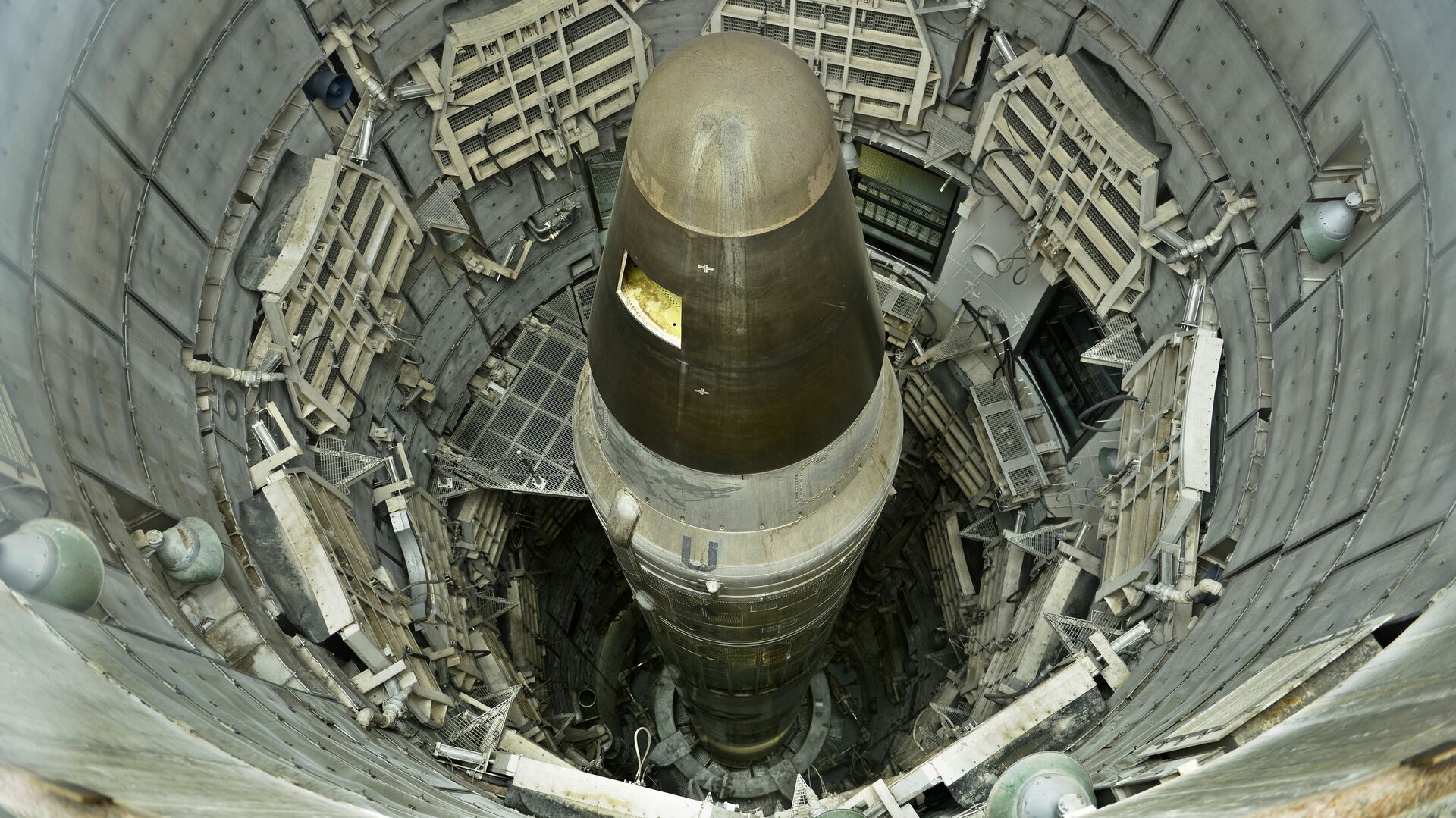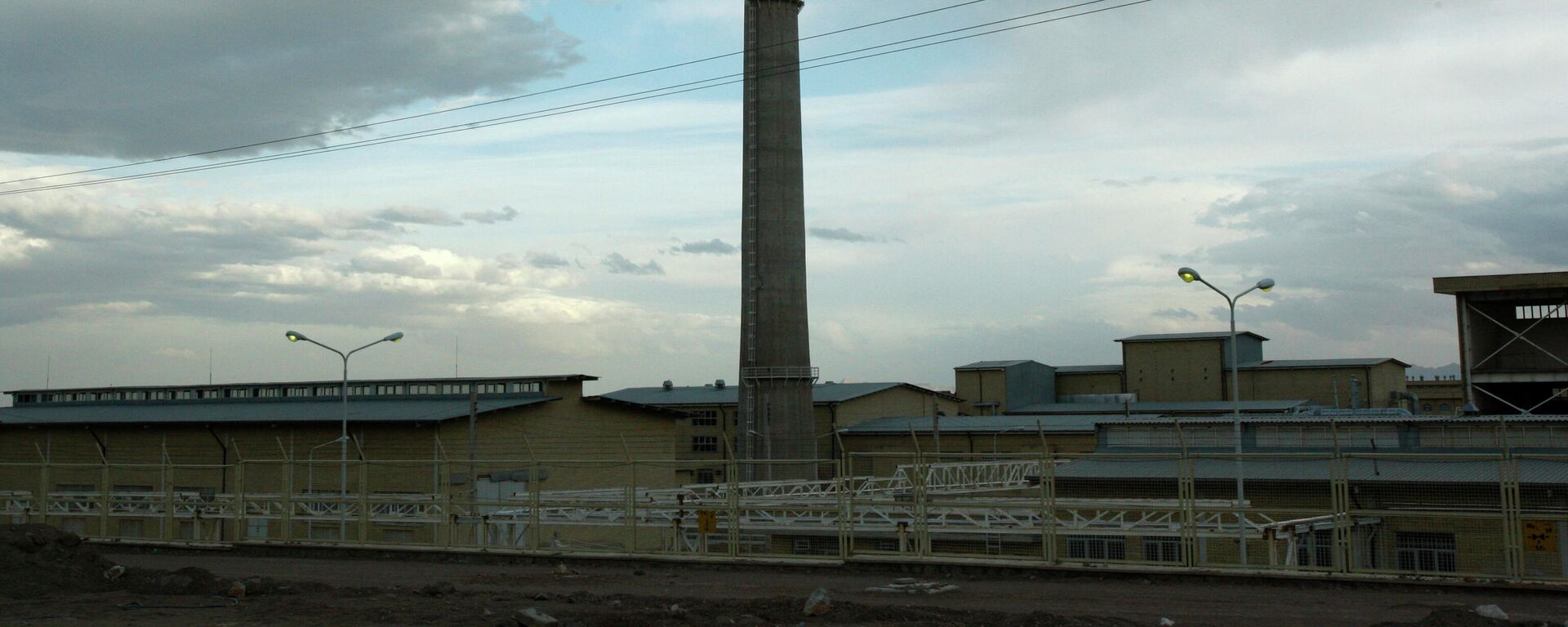Study: Nuclear War Between Superpowers Would Starve 5 Billion People

© AFP 2023 / BRENDAN SMIALOWSKI
Subscribe
The study comes as tensions are rising between the United States and Russia and China, holders of the three largest nuclear arsenals in the world.
While United States war hawks continually push more aggressive stances against fellow nuclear powers Russia and China on the global stage, a new study from Rutgers University reminds us that nuclear war would be bad. Really, really bad.
The study looked at six different nuclear war scenarios. Five of those scenarios looked at smaller nuclear conflicts between Pakistan and India, while the sixth examined what would happen in a large-scale conflict between Russia and the United States.
In a nuclear conflict between the two superpowers, more than 5 billion people would starve to death, according to the study.
What nuclear war looks like from space based on data from peer-reviewed science papers. A Nature Food paper today suggests that over 98% would starve to death in the US, Europe, China & Russia. pic.twitter.com/J0dtegXen4
— Future of Life Institute (@FLIxrisk) August 15, 2022
They determined this by estimating sun-blocking soot dispersals from the simulated conflicts. The data was entered into the Community Earth System Model, a climate forecasting tool used by the National Center for Atmospheric Research. This allowed them to estimate crop yields by country, along with changes to livestock pasture and marine fisheries.
Even the smallest scale nuclear war scenario the researchers looked at would be disastrous for global food supplies. They estimate that the average caloric production would be reduced by 7% worldwide within five years, which would be the largest change since the Food and Agricultural Organization started keeping records in 1961.
After a nuclear war between Russia and the United States, the amount of food produced globally would decrease by 90% in three to four years and 75% of the world would be starving within two years.
The study also looked at potential mitigation policies, like utilizing livestock grains to feed humans and increasing fishing operations. Unfortunately, those factors had a negligible effect on global food supplies.
More research is needed to provide a more complete picture of what the Earth would look like after a large-scale nuclear war, but that it would be the greatest disaster in known human history is without a doubt.
“For instance, the ozone layer would be destroyed by the heating of the stratosphere, producing more ultraviolet radiation at the surface,” said Lili Xia, lead author of the study. “We need to understand that impact on food supplies.”
The study comes one month after a cheerful public service announcement was released by NYC Emergency Management telling viewers how to respond to a nuclear attack. It ended with the host smiling and saying, “You got this.”
“The data tell us one thing: We must prevent a nuclear war from ever happening," said Alan Robock, co-author of the study.
“If nuclear weapons exist, they can be used, and the world has come close to nuclear war several times. Banning nuclear weapons is the only long-term solution,” Robock said. “The five-year-old UN Treaty on the Prohibition of Nuclear Weapons has been ratified by 66 nations, but none of the nine nuclear states. Our work makes clear that it is time for those nine states to listen to science and the rest of the world and sign this treaty.”


